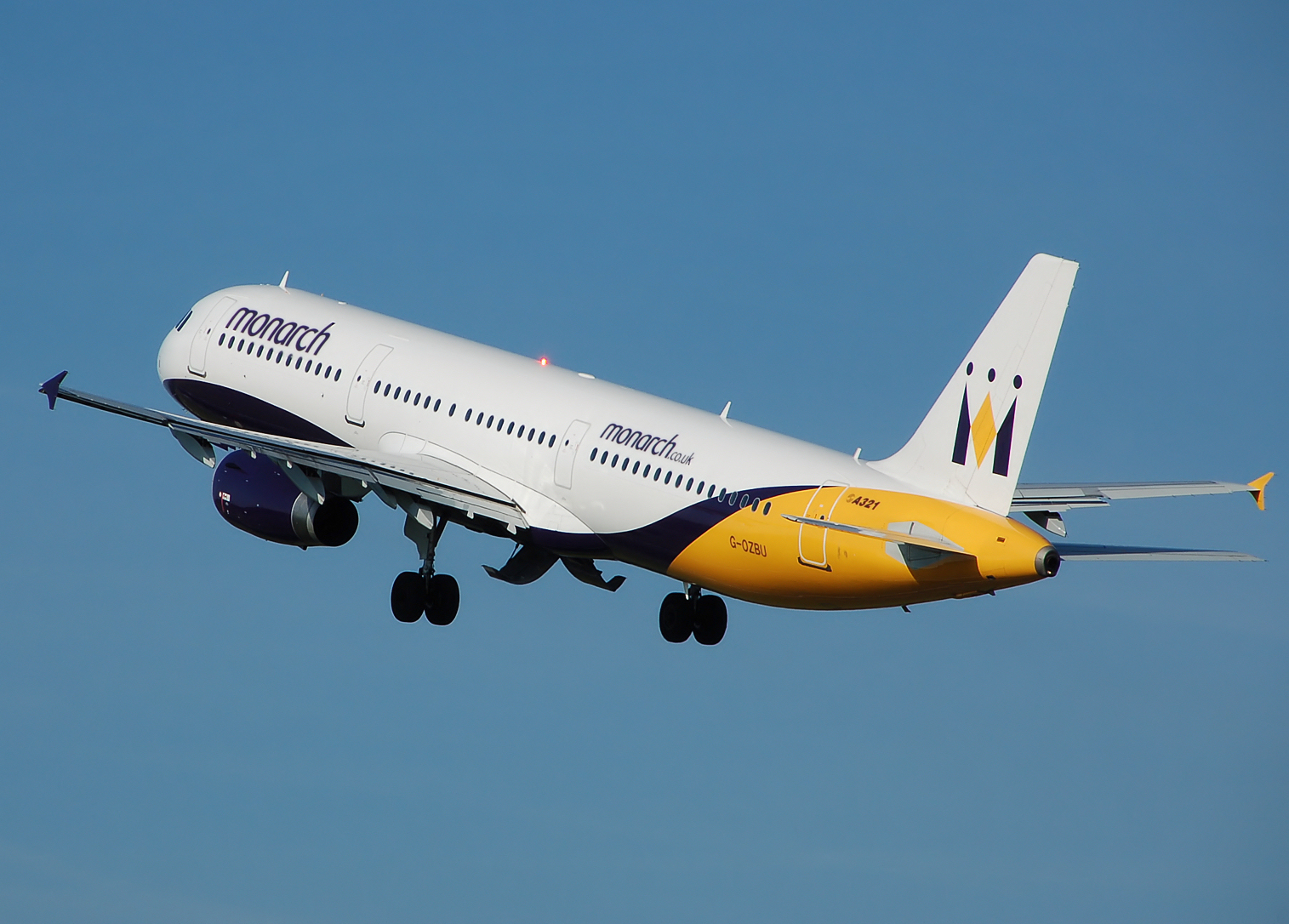The collapse of Monarch Airlines has yet again thrown a spotlight on the disparity of protection between package holidaymakers and those who just buy scheduled airline tickets, writes Roger Bray. Under the Civil Aviation Authority’s longstanding ATOL umbrella the former are repatriated, and reimbursed if they have booked but are yet to depart.
The latter are on their own, except when the failure is so big that political expediency dictates it would be damaging for the Government to leave them stranded. And over the past four decades or so expediency has usually played its hand when major airlines – carrying both package and scheduled only customers – have gone under. It’s simply too embarrassing for ministers to watch package travellers whisked home on emergency flights while the rest are told to sort themselves out.

So in this instance some 100,000 holidaymakers abroad with flight only bookings are being brought home free of charge, just as if they were ATOL protected.
But in wake of collapses where passengers have to fork out themselves for alternative flights home – flights that may be much more expensive than the ones they originally booked – they have to seek redress from their debit card provider (which is not a legal right) or claim from their credit card company under Section 75 of the Consumer Credit Act 1974. Card companies will usually consider any additional expenses incurred on a case by case basis.
Passengers with scheduled flight only bookings on Monarch who have yet to fly can still get refunds if they have paid with credit cards, provided the booking cost £100 or more. But when it comes to arranging alternative holidays card companies are likely to cover only “reasonable” extra costs. With some 800,000 people estimated to hold advance bookings on Monarch it’s reasonable to assume largesse will be in short supply. They should also get their money back if they pay with charge cards and they may be covered if their travel insurance includes scheduled airline failure cover.
Passengers under ATOL protection won’t get more expensive replacement holidays but other tour operators often step in to provide alternatives, taking payment direct from the ATOL contingency fund, set up through a levy of £2.50 per traveller. Monarch’s package operation has been paying this levy, but its predominant scheduled operation has not. In the case of scheduled passengers who booked direct the CAA will have to claw back taxpayers’ money from card companies. It is also reported that passengers who booked through travel agents are being handed forms on which they can identify those companies – and that agents will then be asked to contribute to the cost. The repatriation bill has been estimated at a jaw dropping £60 millions. Tour operators, not unreasonably, will again question why they and their customers should bear the burden of providing protection when scheduled airline do not.
Consumer advocates and swathes of the travel industry itself have long urged that ATOL protection – or something similar – should be extended to all air holidaymakers. Some industry representatives have expressed anger that they should be asked to stump up after successive governments have declined to take action. The most logical solution would be Europe wide legislation. Otherwise UK based airlines would be placed at a disadvantage, paying the per passenger protection levy when most other European airlines were spared the cost. The EU has studied the issue. But although pending changes in EU package travel rules will provide some protection for consumers booking flights and adding accommodation by clicking through from an airline website, the simpler option of ordering all carriers to join a scheme similar to ATOL has yet to find official favour.
Congratulations if you’ve read this far. Protection for travel consumers, built up piecemeal over years as booking habits have moved substantially from old-style brochures to websites and from all in packages to the DIY assembly of component parts, is messy and opaque. The new rules from Brussels, which will take effect in the UK even before Boris’s latest proposed red line could stop them, will do little to clear up the confusion.

